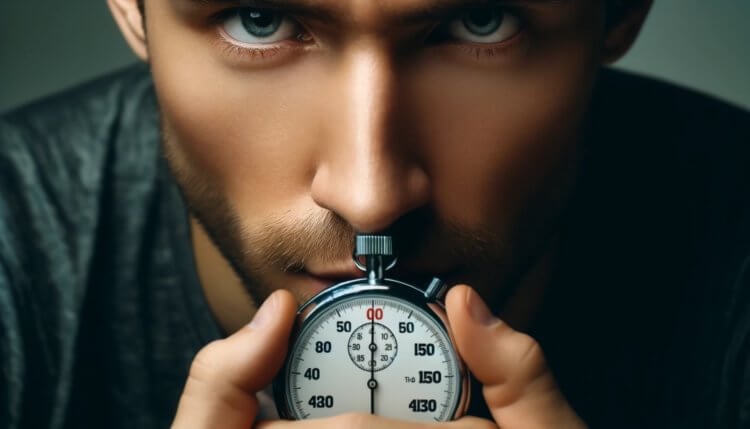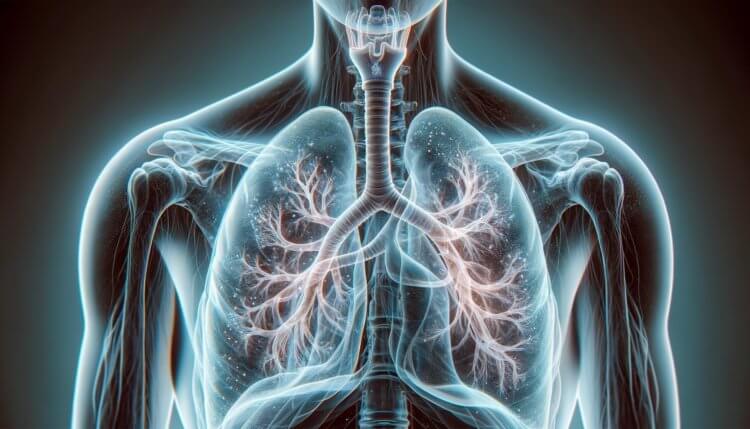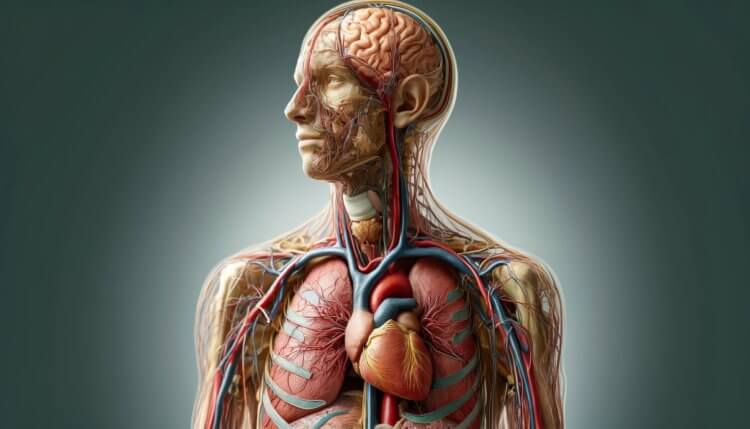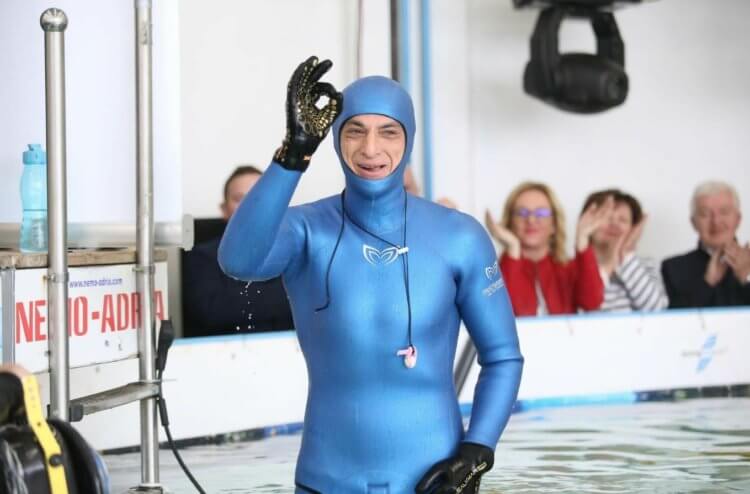An adult can live without food for about 30 days, especially if he saves his energy. This is possible due to the fact that in the body of each of us there are reserves of nutrients in fatty tissues, which the body can use to obtain energy in critical cases. Without water, people live much less, from 3 to 7 days, because without fluid all our organs simply stop working. An even more vital element for life is oxygen—without it, most people die within minutes. However, there are record holders who amaze with their ability not to breathe for 20 minutes or more. In this article, we will briefly understand why a person needs air and how long one can live without it.

There are people who can hold their breath for more than 20 minutes
Contents
- 1 Why does a person need oxygen
- 2 Symptoms of oxygen starvation
- 3 How many minutes can you go without breathing
< li>4 Breath holding record
Why do people need oxygen
The most important respiratory organ in humans and many other vertebrates is the lungs. Every day we take an average of 20,000 breaths – this is necessary for oxygen from the air to penetrate the alveoli of the lungs and spread through the blood to all tissues and organs.
Every body needs oxygen, because without it, the flow inside us processes stop and this leads to death. For example, this chemical compound is necessary forcellular respirationThis is the name for the process in which organic molecules such as glucose are oxidized in the body's cells to release energy. To put it even more simply, oxygen is needed for energy production, just like water and food.

Oxygen is delivered to organs using blood
Inhalation is immediately followed by exhalation, which removes carbon dioxide from the body. It is formed as a byproduct of cellular respiration – after the oxidation of carbohydrates, fats and proteins to produce energy, it is released into the bloodstream, reaches the lungs and is released out. As you can understand, this very fast process, called gas exchange, occurs throughout our lives.
Detailed article on this topic: Why does a person need air and how do the lungs work?
Symptoms of oxygen deprivation
If a person holds their breath, becomes underwater, or damages their lungs, they will quickly experience oxygen deprivation, also known as hypoxia strong>. When there is a lack of air, a person begins to breathe more often and more shallowly, trying to increase the supply of oxygen to the body. He feels dizzy and weak, his skin becomes pale, and his pulse quickens to compensate for the lack of oxygen. With severe hypoxia, a person loses consciousness.

If a person holds his breath for more than 1 minute, he will immediately feel ill
All this happens due to the fact that internal tissues and organs stop working normally. The brain is especially sensitive to lack of air – neuron cells become less active, which impairs memory and even coordination of movements. If oxygen does not reach the brain for more than a few minutes, neurons generally begin to die, which leads to irreversible consequences. Thus, a person can be paralyzed, and he risks remaining disabled for life.
Read also:Oxygen from canisters – benefit or danger for the body?
How many minutes can you go without breathing
A person can live without air for 5–7 minutes. In the first few tens of seconds he may feel good, but after the first minute symptoms of hypoxia begin to appear, and with every second they become more pronounced.

With a lack of oxygen, the body tries in every way to support human life
When holding one's breath, a person's life is supported by small reserves of oxygen in the blood and tissues. Also, if it is impossible to breathe, carbon dioxide dissolves a little in the circulatory system, which is also a little, but lengthens life. In addition, when you hold your breath, your heart rate increases – the body tries to provide all vital organs with the remaining oxygen through the blood.
You will be interested:Is a lack of oxygen good for the body?
h2>Breath holding record
To date, the air retention record belongs to the Croatian diver Budimir Buda Sobat. In 2024, he managed to survive underwater without air for 24 minutes and 33 seconds. The previous record was set by him – he managed not to breathe for 24 minutes and 11 seconds. This is an amazing result, especially considering that he began diving only at the age of 48. Croatian diver Budimir Buda Sobat. Photo source: newizv.ru Ales Segura, Goran Colak, Tom Sietas, Stig Severinsen and many other people also set a record for long-term breath holding. All of them are capable of not breathing for more than 20 minutes. Have you already subscribed to our Zen and Telegram channels? There you will find something that is not on the site! Such results can be achieved by gradually preparing the body for periods of oxygen deficiency. Breath-holding training slowly but surely increases the endurance of the human respiratory system. Exercise can get the body used to changes in oxygen and carbon dioxide levels, which also helps people break records. And finally, yoga and breathing exercises can improve breathing control, which is also important for record holders.